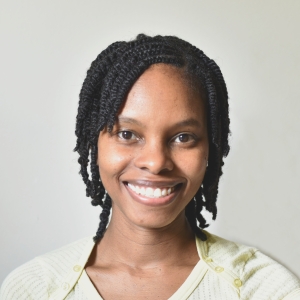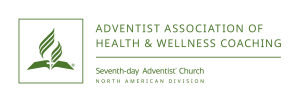Journey to Board Certification: An Overview
I don’t recall when I first started learning about health coaching as a profession, but I was intrigued. It did not take long for me to realize that this was the field God was leading me into.
The first health coaching course I found was about two weeks long. Although there was still a lot for me to learn, I felt uncomfortable with the course’s length and its promises to make me a certified health coach in such a short time. As I continued researching, I learned about a few credentialing bodies (with different focuses according to the coaching type), but I quickly selected the National Board for Health and Wellness Coaching (NBHWC) because of its health focus.
The NBHWC lists its approved programs and schools on its website, which made my search easier (1). Looking through different curricula helped me learn even more about the profession and what to expect from different programs. I was excited to see Loma Linda University listed, but I quickly realized that their program wouldn’t work for me (at the time, Southern Adventist University was not yet listed, but now it is). Finally, after a few months of researching, I found a promising program offered at Monroe Community College.
Monroe Community College is located in my home state of New York (2). At the time of my enrollment, the entire program was delivered online. As I progressed in my studies, I started to learn some things I didn’t realize before. I initially believed health coaching was teaching and talking to people about health topics (as the expert); and in some instances, it involves these, but it is more than that. Health coaching is client-centered and collaborative. It borrows themes from positive psychology, motivational interviewing and health behaviors (3). Just like the faith we profess, it doesn’t force, threaten or coerce individuals into making health decisions they are not ready to make. It is supportive and powerful. You accept individuals for who they are and “walk alongside” them in their journeys.
I was content when I finally became a Certified Health Coach. I didn’t have any further plans except to start coaching once I received my certification. But after my program ended, I missed the community. I missed being in constant contact with fellow classmates and professors. So, I immediately searched and joined a few coaching groups. In those groups, I kept reading a recurring comment: the importance of becoming a board-certified coach. So, after much contemplation and consideration, I went for it.
To become a board-certified health coach, you must sit for the Health & Wellness Coach Certifying Exam. Many coaches in my coaching groups shared how pivotal it was to join a study group to pass the exam. I decided to take Dr. Cherie Kroh’s study course (4) because of the great testimonies I heard, and it indeed was worth it. After months of study, I passed the exam and became a National Board-Certified Health and Wellness Coach.
This is not the end, but the beginning of my journey. The last few years have been a testament of God’s leading in my life as my story continues. Your story and your journey will undoubtedly be different. You may not even consider becoming board certified, but the community, support and opportunities increase if you do. Put all anxiety aside and pray about it (5) and let God write your story as you continue on your journey. It’s a wonderful ride.
By Kimberly Peters,
National Board Certified Health & Wellness Coach, National DPP Lifestyle Coach at Perfect Soundness Coaching
Learn More
Cite this article
K Peters, Journey to Board Certification: An Overview, (2025). Adventist Association of Health and Wellness Coaching, AdventistCoaching.org.
References
References
- NBHWC. (2025) Find An Approved Training Program. Retrieved March 28, 2025, from https://nbhwc.org/find-an-approved-training-program/
- Monroe Community College. (n.d.). Retrieved March 28, 2025, from https://www.monroecc.edu/
- Rimer, B. K., & Glanz, K. (2005). Theory at a glance: A guide for health promotion practice. Bethesda, MD: US Department of Health and Human Services, National Institutes of Health, National Cancer Institute.
- Wellness Coaching Elevated. (n.d.). Retrieved April 15, 2025, from https://www.wellnesscoachingelevated.com/
- Philippians 4:6


